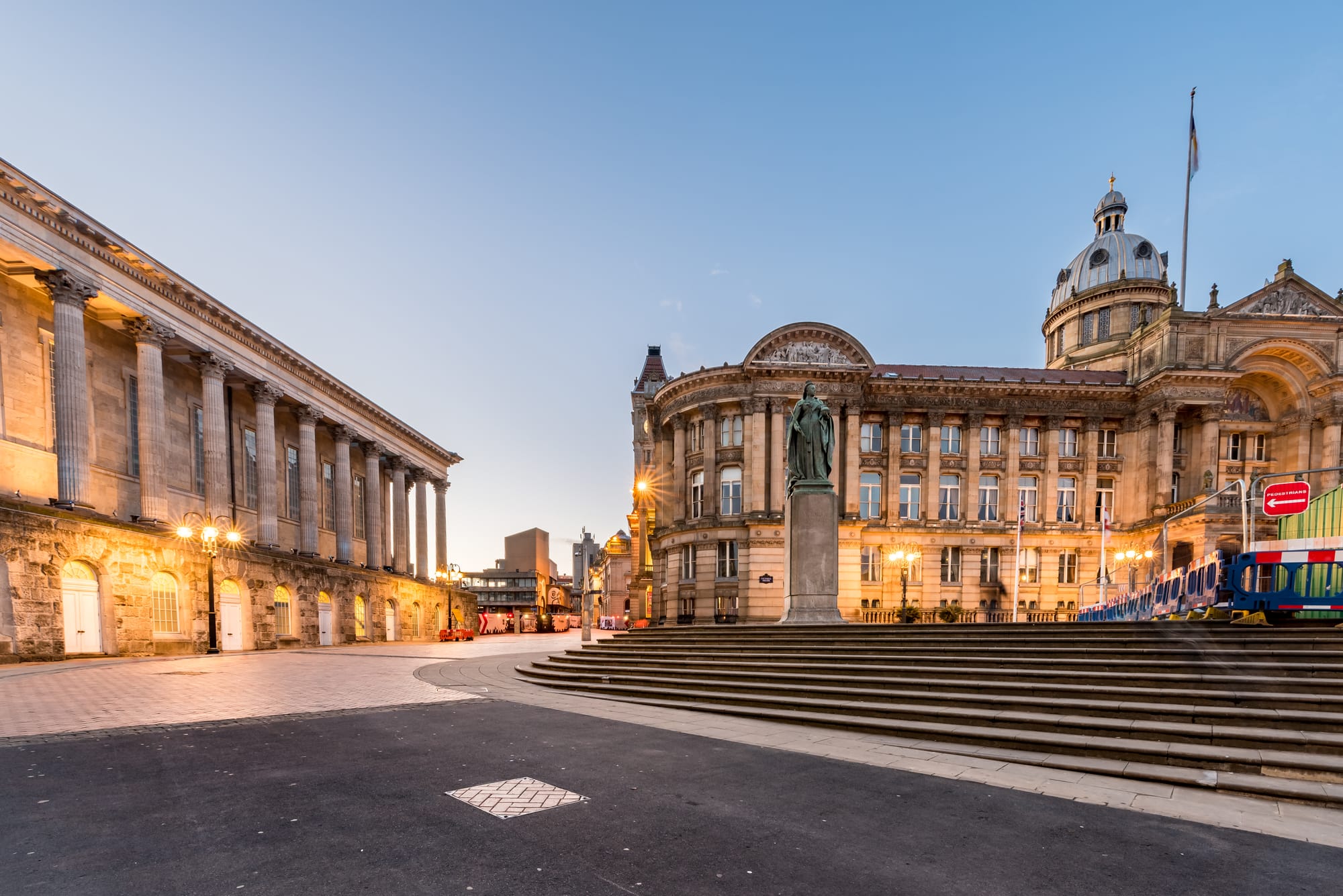Located in Dudley, just outside Birmingham, the Black Country Living Museum is where Peaky Blinders chose to film their primary locations, the Shelby family home and Small Heath's gritty streets. Enthusiasts of Peaky Blinders can experience an atmospheric stroll through meticulously reconstructed industrial landscapes from early 20th century Birmingham within this museum; it authentically recreates ►
Located in Dudley, just outside Birmingham, the Black Country Living Museum is where Peaky Blinders chose to film their primary locations, the Shelby family home and Small Heath's gritty streets. Enthusiasts of Peaky Blinders can experience an atmospheric stroll through meticulously reconstructed industrial landscapes from early 20th century Birmingham within this museum; it authentically recreates that period's bustling cityscape. Visitors are transported into Thomas Shelby's world, from dimly lit pubs to cobbled streets; his notorious gang serves as a compelling touchstone for immersion.
Capturing the essence of Small Heath in Peaky Blinders necessitates a crucial role in Birmingham's vibrant Digbeth area. The historic district hosted numerous scenes showcasing the Shelby family's operations; its industrial architecture, characterized by red-brick buildings and narrow alleys, invites visitors to envision series-unfolding illicit activities and clandestine dealings in their exploration. Fans can visit the notable location, The Custard Factory, a creative and digital business workspace in Digbeth.
Arrow House, the country estate owned by the Shelby family, stands against a scenic backdrop provided courtesy of The Lickey Hills, an idyllic area positioned south of Birmingham. This lush setting in Peaky Blinders starkly contrasts urban environments; it masterfully exhibits the duality characterizing the Shelby family's lifestyle. Visitors, too, relish such serene surroundings: they immerse themselves in picturesque vistas and envisage, with apparent grandeur, the sprawling landscape that typifies this fictitious British country estate depicted throughout the series.
Tommy Shelby in Peaky Blinders, his political scenes set against the opulent interiors and grand architecture of The Grand Hotel: a historic, yet luxurious, establishment located in Birmingham. Reflecting on their upward mobility as they navigate corridors of power is precisely what The Grand Hotel portrays with its backdrop role: evidence of wealth distilled through meticulous design choices. Notably, visitors who venture into this iconic landmark can explore public areas that have witnessed not only elegant surroundings but also intense political maneuverings depicted throughout the series, offering a unique experience for all intrigued by history or drama.
Birmingham's historic Jewellery Quarter, renowned for its jewelry manufacturing heritage, significantly influences Peaky Blinders, specifically Arthur Shelby's storyline. The industrial charm and unique architecture of the Quarter bolster the series' authenticity. Visitors may meander through these streets and delve into workshops and historical sites in immersion towards experiencing firsthand that atmospheric domain attributed to Arthur Shelby himself.
Peaky Blinders fans and visitors to Birmingham can uniquely immerse themselves in the Shelby family's world by tracing the historic locations. The gritty streets of Small Heath, along with The Grand Hotel's grandeur, each location adds to both series' authenticity and allure.
Exploring these historic sites, visitors gain insight into the Peaky Blinders narrative and develop an appreciation for Birmingham's diverse and rich history. With its blend of industrial heritage, architectural splendor, and modern vibrancy providing a multifaceted backdrop, the city elevates Peaky Blinders from mere television series to a captivating exploration: time enveloped in place.
◄
